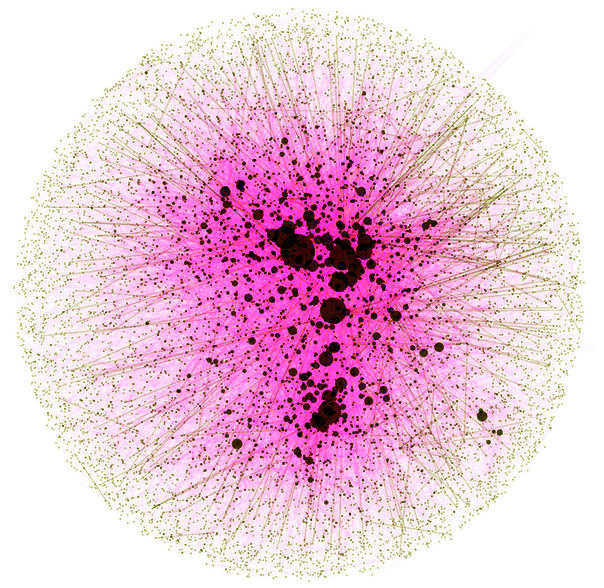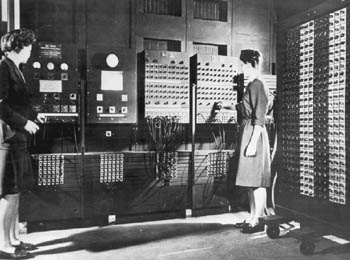Team:DTU-Denmark/Background synthetic biology
From 2011.igem.org
Synthetic biology
Contents |
On the design of life
Synthetic biology is a scientific field concerning the design of new biological functions. The way humans do design is fundamentally different than the evolutionary principles from which life origins. Life has evolved due to an incredible long series of trial-and-error driven and governed by selectional pressure. As this approach have led to an enormous variety of solutions to ways of being alive on earth, from the most sophisticated machine known to mankind, the human brain, to the most resilient microorganisms, there is no doubt to the success of evolution.
But what principles may humans apply if we where to do biological design with similar success? One possibility is to guide and facilitate selection, a principle adhered to by breeding programs of the last millennia. This way we might change wolves into dogs or improve crop yields, but there might be and probably are impossibilities of this approach. What if something really useful is only achievable by completely redesigning whole organisms or specific pathways as opposed to simply gradually changing them? A wonderful example of redesign of organisms is the production of human insulin from microorganisms, an application made possible by novel understanding of the components of life and recombinant DNA technology. But from an engineering perspective introducing one recombinant gene is a lot simpler than introducing whole pathways not to speak of designing pathways a priori.
The reason microbial insulin production was possible is that the problem reduces to one well characterized component namely the gene encoding insulin. This way the topic of complexity is avoided by utilizing the abilities of the cells to perform the complex task of protein synthesis. Thus one of the most successful cases of applied biotechnology and the redesign of life highlights our current limited ability to understand and control life itself.
Reducing the complexity of life
To broaden the scope of synthetic biology and biology in general it is necessary to address complexity and not simply reduce scientific inquires to individual components. The emergent properties of life which we ultimately want to understand and control arises from interactions between components. These interactions are often so complex that the unaided human brain might be unable to perceive what is going on. For example the large subunit of the ribosome in simple prokaryotes consists of 2 rRNAs and 34 different proteins all exerting some function. Even if one had the precise structure and function of each component it is unlikely that we would have the ability to fully grasp and understand this subunit of the ribosome. Thus there are clearly limits to human understanding of which one must be aware to successfully conduct research.
It is clear that some knowledge of components are required but one might continue to gather knowledge of components for all eternity without gaining understanding of the phenomena of protein synthesis. This indicates that not all knowledge is equal and some knowledge might even be useless to practical applications in the life sciences. Today biology is generating discoveries and insights at an unprecedented rate but despite of the massive gain in knowledge promises of biotechnology are often repeatedly postponed. This indicates that life is often more complicated than anticipated and that new paradigms might be needed to generate useful knowledge of biological systems.
Computers and modern biology
The increasing computing power are emerging as a decisive factor for modern biology. The effect of faster computation have already transformed biology enabling the vast field of bioinformatics and as computing continues to improve its impact on biology are likely to be even greater.
More advanced modeling and simulations also known as in silico experiments are enabled, which may guide researchers and designers of biological systems. To construct accurate models or simulations it necessary to have a framework representing the actual system. In terms of mathematics this framework could be a network of interactions and a set of parameters governing the magnitudes of interaction. In developing tools for synthetic biology, such as the trap-RNA system, it is important to provide means of incorporating the tools into both living organisms as well as advanced modeling and simulation.
 "
"











